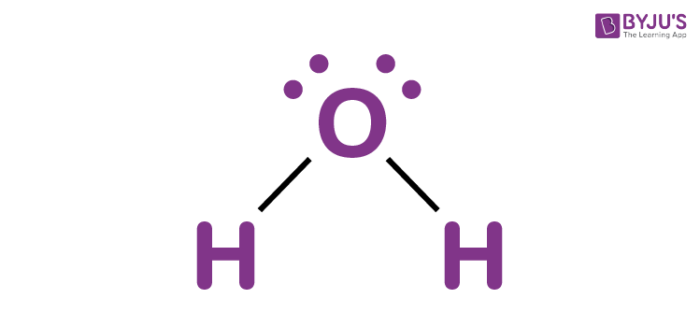Water is a precious natural resource. All living things need water for their survival. We cannot imagine life without water. Let it be animals or plants they require water to complete their daily metabolic activities. Plants require water to synthesize their food from the process of photosynthesis.
On average, an individual uses 600 to 700 litres in a day. We all can live without food for days together but cannot even imagine surviving without water, even plants become dry and shed their leaves without water.
Let us learn some more importance to water.
What is Water?
Water is a colourless and transparent chemical substance which is the main constituent of streams, oceans, and lakes on the earth’s crust. It is an important fluid that plays a significant role in sustaining life on earth. The chemical formula of water is H2O. It is made up of two hydrogen atoms and one oxygen atom which are😪 up of this liquid.
States:
- The solid state of water is known as ice. Water freezes at 0o Celsius (freezing point of water) to form ice.
- The liquid state of water makes up most of the earth’s surface. It finds its application in a wide range of areas.
- The gaseous state of water is known as water vapour. At 100o Celsius water reaches its boiling point and gets converted into water vapour.

What is Water?
Water is one of the natural resources, which are found in an adequate amount. It is an essential source for the existence of life on the planet earth. It is widely used for various purposes such as drinking, washing, bathing, cleaning, cooking, irrigation, and other industrial and domestic uses.
Sources of Water
There are various sources of water. About 97% of the water on the Earth’s surface is covered with water. The three main sources of water are:
- Rainwater.
- Groundwater – This includes water bodies like Wells and Springs.
- Surface water – This includes different water bodies like Reservoirs, Rivers, Streams, Ponds, Lakes and Tanks.
Importance of Water
We all need water for different daily activities including:
- Domestic Purposes include bathing, cleaning, cooking, drinking, and washing.
- Agricultural applications include irrigation, farming, gardening, and frost control.
- Other Industrial Applications.
Apart from this, we drink water to:
- Stay hydrated
- Lubricate Joints
- Regulate the body’s temperature
- Transport nutrients and other waste in the body.
- Balance the loss of water from the digestive tract and body tissues.
Water Cycle
Water never stops moving. The water cycle mainly describes the process of the continuous movement of water from the surface of the earth and it is usually carried out in four different stages. The entire cycle is controlled by the sun and is also known as the hydrological cycle
Evaporation: In this stage, the heat from the sun heats up the water from oceans and other water bodies and evaporates the water in the form of vapours which rises up and form clouds.
Condensation: The water vapour’s in the clouds cools down.
Precipitation: The cooled water vapours in the clouds form droplets and released in the form of Precipitation back to the earth surface in the form of rain or snow.
Collection: The rainwater runs off to the ground and gets collected into the river, ponds, well, and back to the sea.
As mentioned above, about 97% of the water on the Earth’s surface is covered with water. Only 2 to 3% is available and safe for drinking. Rest of the water is saltwater and other two-thirds of the Earth’s freshwater is frozen in glaciers and these water resources are mostly inaccessible for human use.
This is the reason, we all need to reduce wasting this natural resource and conserve water for future requirements.






0 Comments